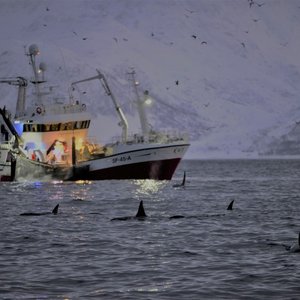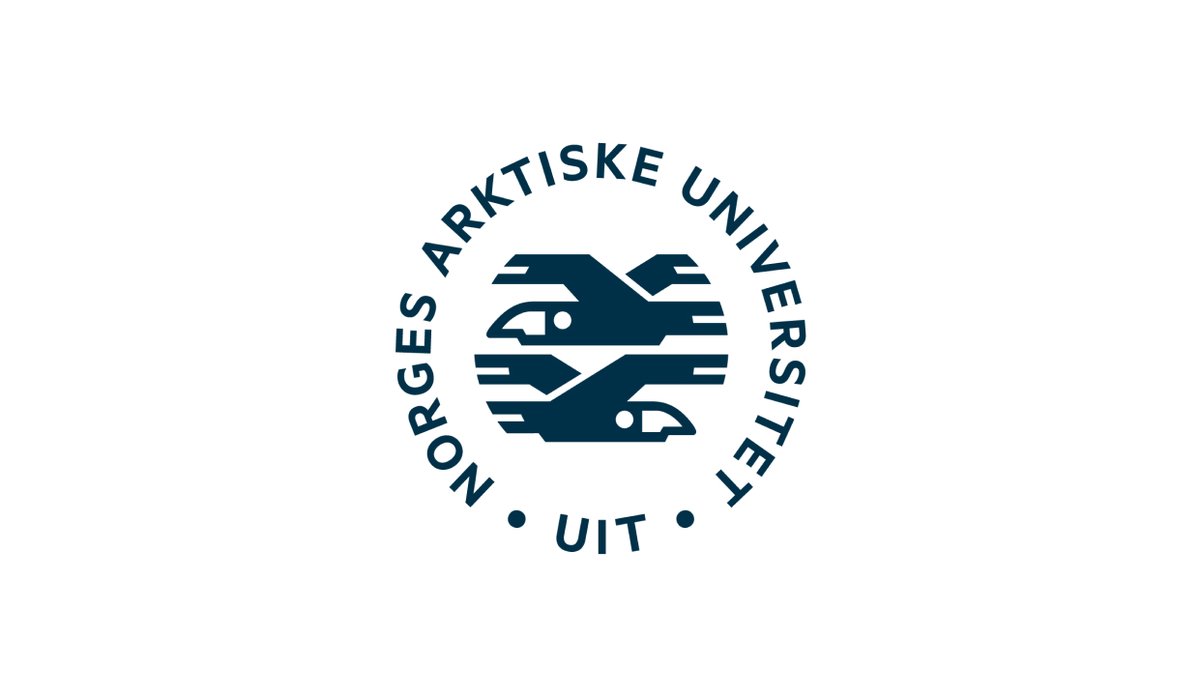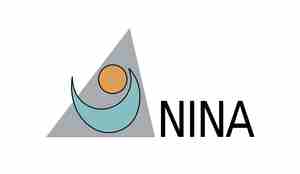Project: BarentsRISK

| Period | 01. januar 2019 - 30. august 2024 |
|---|---|
| Financed by | The reaserch council of norway |
| Partner(s) | University of Tromsø, Norwegian institute for nature research (NINA), Institute of marine research |
| Projects is lead by | Institute of marine research; Geir Ottersen and Mette Skern-Mauritzen |
The high latitude Barents Sea ecosystem is changing. Climate warming is more prevalent here than almost anywhere else on the planet, and its’ effects are changing the physical and chemical conditions that form the foundation of the ecosystem. In addition, this vulnerable environment is faced with an increasing human presence, driven by the ever-growing demand for marine resources. Human activities, such as fisheries, oil & gas exploitation, marine transport and tourism have increased drastically over the last few decades and are likely to expand even further in the near future. The combined effects of environmental changes (such as climate warming, long-range pollutants and invasive species) and anthropogenic pressures is already noticeable throughout the ecosystem. For example, boreal species of fish are expanding into the Arctic region, challenging the home-range of Arctic species of fish. Ultimately these effects are likely to influence the structure and stability of the food-web, which will affect the ecosystem services that the Barents Sea region currently provides. Understanding the influence of multiple stressors on species and species interactions is crucial for a sustainable use of the unique and valuable Barents Sea ecosystem.
Our work
In BarentsRISK, we establish a framework for assessing risk for different parts of the ecosystem from several impact factors related in particular to climate variation and change, fisheries, petroleum activity, and maritime transport, while taking into account interaction between species in the food network. We identify the most critical current and expected future impact factors with extensive participation of stakeholders from different industry sectors as well as researchers from both natural sciences and social sciences.
The project
The project builds on the Ecological Risk Assessments (ERAs) framework and includes a structured approach to i) identifying the most critical present and emerging future pressures, with extensive stakeholder involvement across sectors and with natural and social scientists, ii) qualitative and quantitative approaches used in a hierarchical manner to assess current and future risks of cumulative impacts on ecosystem components, structure and functioning, including antagonistic and synergistic interaction effects, iii) efficiently and transparently communicate risks and associated uncertainties, and iv) determining how these ecological risks are linked to ecosystem services provided by the Barents Sea, and thus to societal aspects important for management and policy makers.
Collaboration
BarentsRISK is a collaboration that involves more than 20 researchers from the Institute of Marine Research (leading), UiT, the Arctic University of Norway and the Norwegian Institute for Nature research (NINA). In addition, the project involves stakeholders from the shipping, tourism, petroleum and fishing sectors. The project is structured into four Work Packages (WPs). WP1 – WP3 perform the Level 1 (Scoping and qualitative), Level 2 (Semi-quantitative) and Level 3 (Quantitative) assessments, respectively, while WP4 synthesises the results and develops ERA communication products.
Published: 24.01.2023 Updated: 06.11.2023





